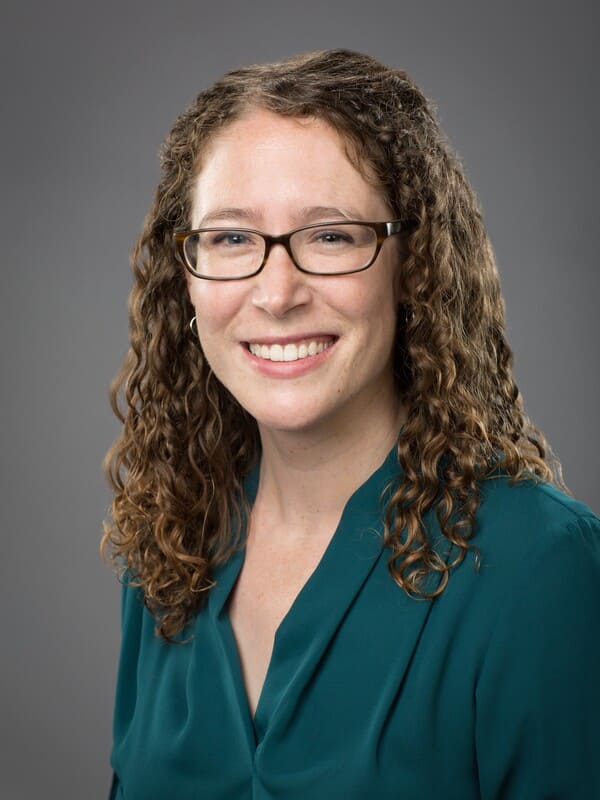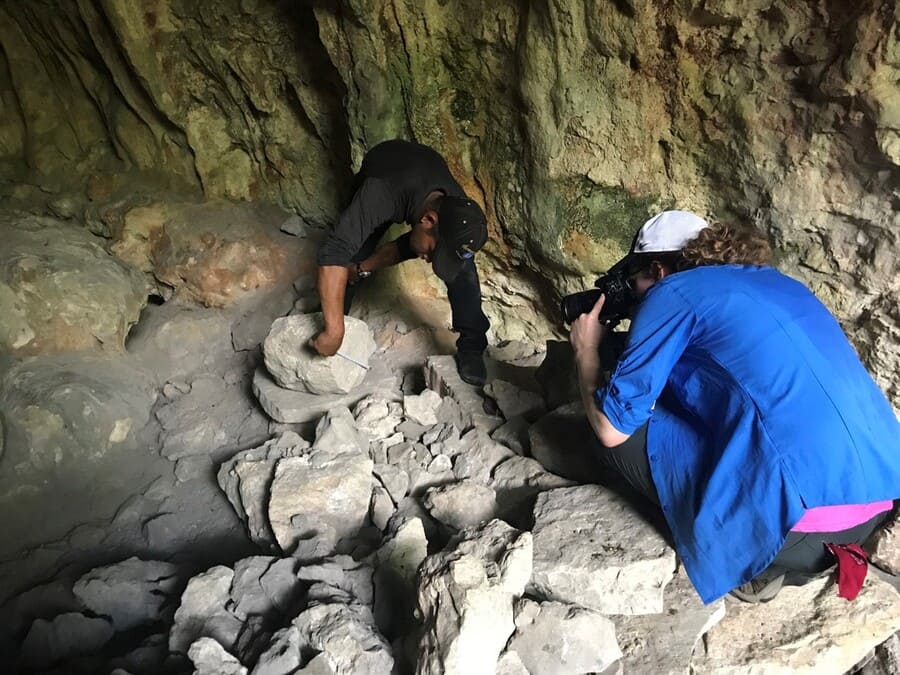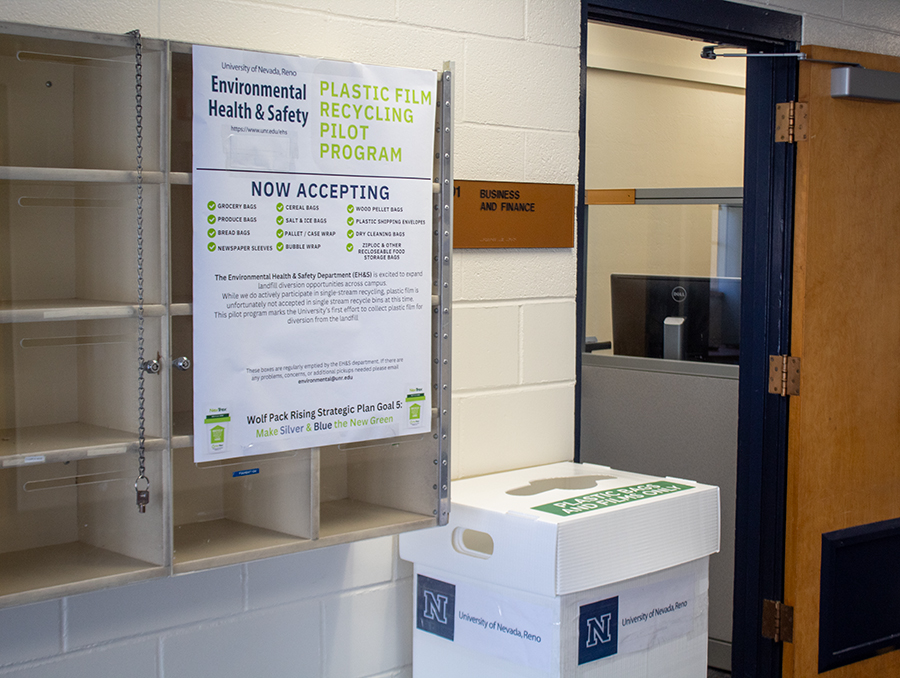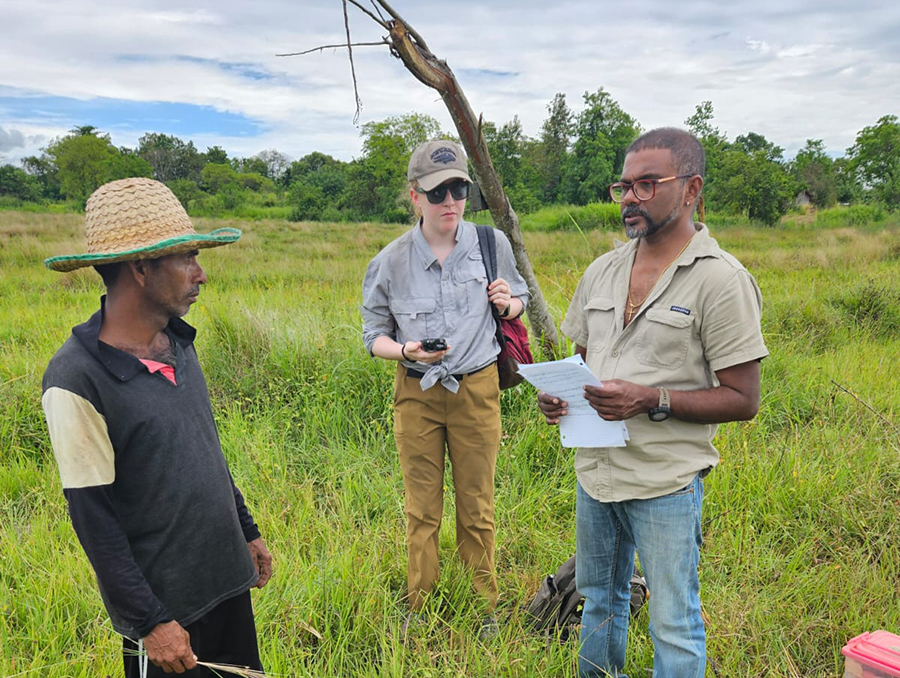Earley received another fellowship with the American Council of Learned Societies (ACLS) in Ancient American Art and Culture in April 2021. In addition to the NEH award, this fellowship will support her project “The Captive Body in Ancient Maya Art: Bound in Rope, Bound in Stone”.
Growing up, Caitlin Earley was frustrated by the lack of indigenous studies in the classroom. She pursued this interest through her education and it is now the focus of her research which is contributing new understanding of the lives and identifies of Maya people. Earley, an assistant professor of art history at the University of Nevada, Reno, was granted a fellowship from the National Endowment for the Humanities (NEH) to fund her book about “the roles and identities of bound captives in Late Classic Maya stone sculpture.”
“I’m still a little bit in shock. I was not expecting to receive it. It was my first application,” said Earley, a faculty member in the College of Liberal Arts. “This fellowship is a career goal, and so to receive it [in 2020] has been incredible.”
This award is highly competitive and allows recipients to fund a project, such as a book, digital material, peer-reviewed article and more. This funding gives the recipient the time and money to complete it. Earley is the only professor to receive this kind of NEH Fellowship in 2020 in the state of Nevada.

Following Earley’s early frustration by the lack of indigenous studies, she grew more interested in indigenous American art, and eventually attended the University of Texas, Austin to study ancient American art. Earley said this university had a strong Maya program, and this is where she became fascinated with the Maya in particular.
“I didn’t really mean to study the Maya, but I was enveloped in awesomeness at [the University of Texas, Austin],” she said. “So I took a couple of classes with the professors there, and really fell in love with the subject.”
Today, she has a goal of advocating for more inclusion of indigenous art and the expansion of indigenous art studies. With the NEH Fellowship funding, she will be able to produce her book named “Bound in Rope, Bound in Stone: The Captive Body in Late Classic Maya Art,” which explores the role that Maya captives have in Late Classic Maya stone sculpture. Earley said that discussions about Maya art typically focus on the kings depicted, but less on the captives present in the art, so she hopes her book will help create a better understanding of these captives’ identity.
“For a long time, it was just assumed that the captives that we see on Maya sculptures were killed or sacrificed, [but] it looks like there were a lot of potential fates for Maya captives,” she said. “My project is basically looking at every image of Maya war prisoners that I can get my hands on, and trying to find patterns in those images…I think that they’re not just about showing captives as disempowered, I think the captives are important figures in Maya art.”
However, due to the pandemic, much of the work for this project must be put on hold, because Earley must travel to Mexico and Guatemala to see the art in-person and conduct other necessary fieldwork and research.
So, Earley said she is doing whatever work she can remotely, including working on another book project that is based on her doctoral dissertation.
This is the second award received within the College of Liberal Arts from NEH in 2020. Last year, Renata Keller, an associate professor in the Department of History at the University, received a different endowment from the same organization: the NEH Public Scholars Award. Debra Moddelmog, dean of the College of Liberal Arts and professor of English, said being recognized by the national organization twice in the same year is very significant for the college.
“Often, research at universities…is thought of in terms of people who work in the sciences and engineering and agriculture,” Moddelmog said. “So I think it’s really important for people to recognize that the humanities and the fields in the liberal arts also do research, important research that contributes to our understanding of society and history and the human experience, social injustices [and] racial injustices. These are the things we study all the time. We hopefully make advances, and help people understand our society and the world that we live in. That’s our goal.”
Earley said she appreciates the support she gets from the University, especially her college.
“A really important part of this fellowship is being at a university like [the University of Nevada, Reno] where there’s a lot of support for doing research,” she said. “I feel really lucky to be supported by my colleagues and also particularly, the College of Liberal Arts.”















